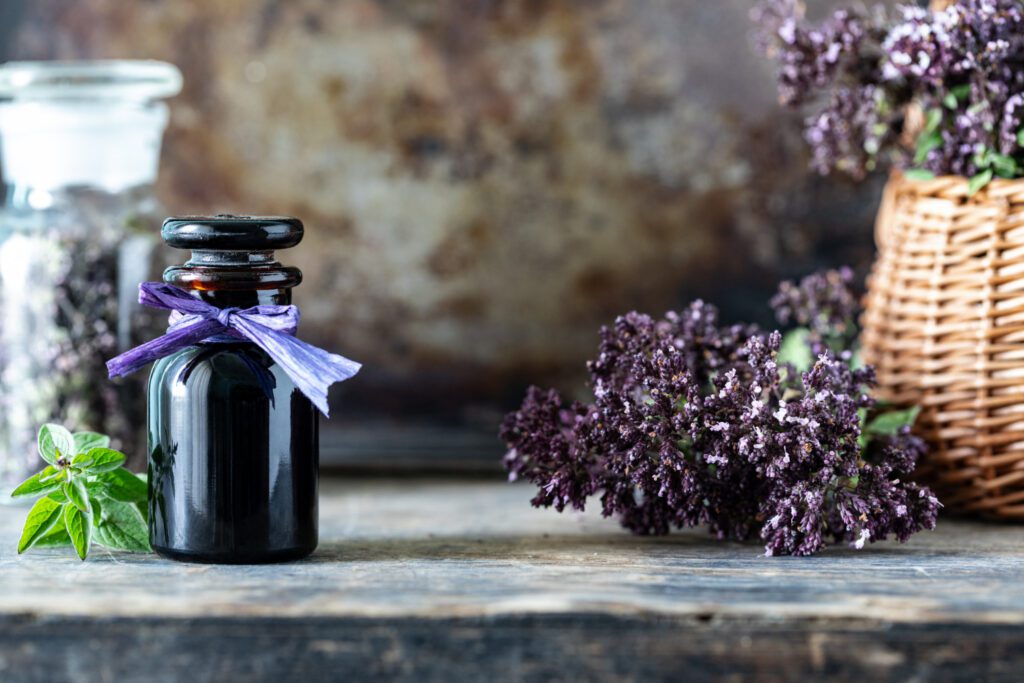Strongest Herbs for Sleep Without Side Effects
If you’re tired of tossing and turning at night and don’t want to rely on medication, you’re not alone. Many people are now turning to nature’s most powerful herbs to find better rest. The good news? Some of the strongest herbs for sleep are not only effective—they come without harmful side effects.
These herbs have been used for centuries and are trusted by herbalists, wellness experts, and people looking for natural sleep support.
Why Use Herbs for Sleep?
Herbs can help calm your mind, relax your body, and ease you into sleep — all without the risk of addiction or morning grogginess. If you’re looking for a natural solution to sleepless nights, learning about the strongest herbs for sleep can be a great first step. According to Healthline, herbs like valerian root, passionflower, and chamomile are among the most effective options for promoting restful sleep.
Ask ChatGPT

1. Valerian Root
Valerian root is widely considered one of the strongest herbs for sleep. It helps reduce the time it takes to fall asleep and improves overall sleep quality.
- Boosts GABA in the brain, a calming neurotransmitter
- Works well for insomnia and anxiety
- Often used in capsules, teas, or tinctures
Tip: Best taken 30 minutes to an hour before bed.

2. Passionflower
Don’t be fooled by the name—passionflower is incredibly calming. It helps with restlessness and racing thoughts, especially before bed.
- Mildly sedative
- Supports deep sleep and relaxation
- Can be taken as tea or in supplements
Great for overthinkers who can’t “shut off” their minds at night.

3. Chamomile
Chamomile may be gentle, but it’s powerful in its own way. It’s one of the most popular herbs for bedtime and is very beginner-friendly.
- Reduces anxiety and promotes drowsiness
- Safe for all ages
- Usually taken as tea
Note: This herb is ideal for winding down after a stressful day.
4. Hops
You may know hops from beer, but it’s also one of the strongest herbs for sleep when used correctly.
- Naturally sedative
- Often paired with valerian for better results
- Used in tinctures and supplements
5. California Poppy
This bright orange flower is more than just beautiful—it’s a natural mild sedative and pain reliever.
- Helps ease anxiety and light pain that can interrupt sleep
- Works well for people who wake up often at night
- Can be taken as a tincture or capsule
Not to be confused with the opium poppy—it’s non-addictive and gentle.
6. Lemon Balm
Lemon balm is part of the mint family and is a natural mood lifter and stress reliever.
- Promotes calm and reduces restlessness
- Helps regulate sleep cycles when taken consistently
- Great as tea, capsules, or tinctures
7. Lavender
Lavender is well-loved for its soothing scent, but it also works internally to promote deeper sleep.
- Lowers heart rate and calms nerves
- Used in teas, essential oils, and sleep sprays
- Often combined with other herbs for a full bedtime blend
Fun fact: Inhaling lavender oil before bed may improve sleep quality in just 2 weeks.

Quick Tips for Using the Strongest Herbs for Sleep
Here’s how to get started using these herbs the right way:
- Choose one herb to begin — Start simple to learn what works for you
- Take it 30–60 minutes before bed — Give your body time to wind down
- Stay consistent — Many herbs work best when used regularly
- Use a calming bedtime routine — Herbs work better when paired with relaxation
- Consult your doctor — Especially if you take medication or have health conditions
Conclusion
Finding the strongest herbs for sleep doesn’t have to be complicated. Whether it’s valerian root, lavender, or passionflower, nature provides plenty of safe and gentle ways to help you rest. The key is to try what feels right and give it time to work.
FAQ: Strongest Herbs for Sleep
1. What is the strongest herb for sleep?
Valerian root is often considered the most powerful herb for sleep, especially when paired with others like hops or passionflower.
2. Are these herbs safe to use every night?
Yes, most of these herbs are safe for regular use when taken in the recommended amounts.
3. Can I combine herbs for better sleep?
Absolutely! Many sleep blends include a combination of valerian, passionflower, and lemon balm for best results.
4. Will I feel groggy in the morning?
Most people feel refreshed, not groggy—especially when compared to traditional sleep meds.
5. Are herbal teas better than capsules?
Both work well. Teas are soothing and part of a bedtime ritual, while capsules are more convenient.

Merely wanna tell that this is extremely helpful, Thanks for taking your time to write this.
We are a group of volunteers and starting a new scheme in our community. Your site offered us with valuable information to work on. You have done a formidable job and our whole community will be thankful to you.
After study a number of of the blog posts in your web site now, and I really like your approach of blogging. I bookmarked it to my bookmark web site list and can be checking back soon. Pls check out my website as well and let me know what you think.
Hey would you mind stating which blog platform you’re using? I’m planning to start my own blog in the near future but I’m having a difficult time deciding between BlogEngine/Wordpress/B2evolution and Drupal. The reason I ask is because your design and style seems different then most blogs and I’m looking for something unique. P.S My apologies for getting off-topic but I had to ask!
Great info.